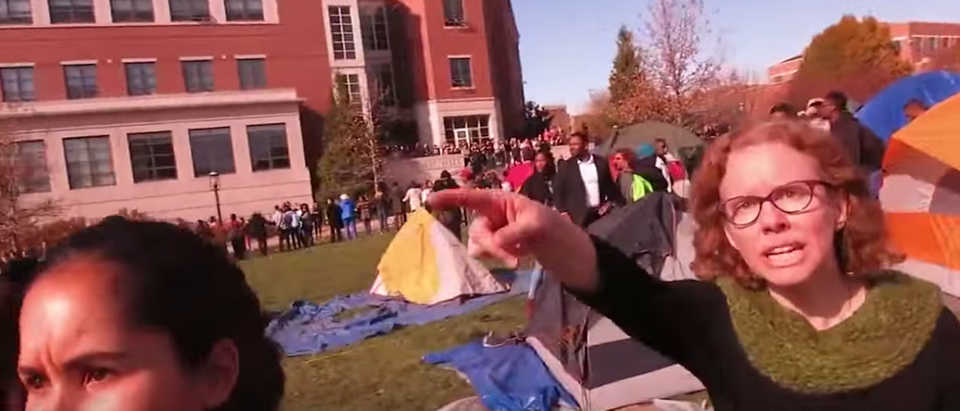A professor at the University of Louisville’s Louis D. Brandeis School of Law penned a column Sunday for The Courier-Journal, in which he accounts how the school has ‘veered’ towards a partisan agenda.
Russell L. Weaver, a professor of law and distinguished university scholar, wrote the opinion as a response to a colleague’s article praising the school’s partnership with Louisville’s Compassionate City program.
Weaver challenges some of the notions presented in that piece such as that, “Neither the members or our faculty, nor our students, are forced to adopt or agree with one vision of what compassion means, or what serves the cause of social justice.”
While Weaver agrees that compassion is an important virtue, he writes, “to suggest that the law school has not adopted a partisan social agenda, and that it has not labeled non-liberals ‘outsiders,’ is (at the very least) wrong and misleading.”
He gives an anecdotal account of how a fellow professor had a complaint filed against him by the school’s interim dean, Susan Duncan, after he remarked to students:
Don’t let people here—students or faculty—pressure you to compromise your political, legal, social, or religious views. Many of our graduates look back and regret having been sheepish in expressing and developing their political views when they were at this law school. Conservative views have an equal place alongside liberal views at the Brandeis School of Law. I don’t care what the Dean says. I don’t care what your Con Law professors say. And on this point, neither should you. This is your education—not the Dean’s, not the faculty’s. Develop your political and legal views freely while you’re here. Take care. Good luck on the exam.
This is isn’t the first time complaints have arisen regarding the political climate at Brandeis School of Law. On Sunday professor Luke Mulligan wrote about the dangers of branding the institution as a “compassionate law school.” He says that, “these branding projects are misguided. For starters, the chosen brands are divisive, alienating about half the people in the country. While terms like ‘social justice’ and ‘compassionate’ might seem ‘inclusive’ to you, tens of millions of Americans disagree. People hear these terms in a legal or political context and think ‘liberal orthodoxy.'”
The school of law is named after former Supreme Court Justice Louis D. Brandeis, who ironically frequently fought for a lack of restrictions of thought and speech. Brandeis once wrote, “frank expression of conflicting opinion lies the greatest promise of wisdom in governmental action; and in suppression lies ordinarily the greatest peril.”


